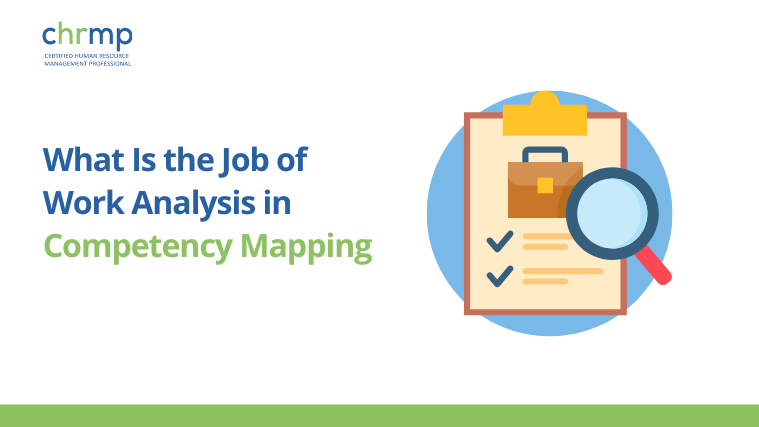

All organisations carry out performance review discussions, to evaluate and assess, if individuals are able to do their work properly.
Based on this, the management may determine increment in salary, promotion, transfers etc. with respect to the individuals concerned.
Let us now understand the definition of performance.
We define performance as achievement of an organization or an individual, with respect to their set goals / or targets.
It includes the following:
Performance of any employee may refer to the following:
We may define Review as the following:
Thus, we may define Performance review as the process, which consists of the following:
This is a known fact that employees in any organization do not like the annual performance review or appraisal. They hate the concept itself. This is in view of the fact that these appraisals make the basis for their promotion, increase in salary, foreign trips or any other change related to them.
Here are 7 basic tips, by which you can make the performance review discussion, a memorable and pleasant one.
As an active employee, you should know in detail, the systems, processes and rules of the organization. You should also be familiar with the system of annual performance appraisal. Some other aspects, you should also try to know well are:
A clear cut answer to these questions will empower you to evolve an appropriate strategy to excel during performance review discussions.
Usually, managers give a list of tasks / goals to the employees at the beginning of the year. Then they review the performance of the employee against their pre-fixed targets or goals. However, the author is of the opinion that you should prepare a separate self-goal sheet in the beginning of the year itself. This should include.
We should bear it in mind that this extra work done during the year may prove to be very beneficial during preparation of “Self Appraisal”.
Usually the employees submit a “self appraisal” document. Then the managers holds the performance review discussion.
Ask the following question to yourself, before you go through your performance review discussion:
Answer to these questions will also help you in writing your self appraisal, in a better way.
You should work on it in an extensive manner to let it look challenging, realistic and holistic. Even the smallest detail of work which proved to be beneficial to the organization, should be mentioned here.
In this aspect, suggestion given above in “prepare a separate goal for yourself”, may be hugely beneficial.
The author is of the opinion that putting yourself in the role of your boss, is an excellent way to build up rapport. Your behavior and persona will be stress-free, once you put yourself in the role of your boss.
You will start releasing the difficult role of your boss. This may create an emotional bond between both of you.
This may prove to be a boon, if carefully handled. This communication may be on any or all of the following:
However, we should always remember that while doing all this, positivity should continue to prevail, without even an iota of complaint, or nagging.
During the discussion, you may share the additional goals, which may be accomplished in the year ahead.
This may create positivity and also an environment of co-operation, trust and good will.
If team has not performed well, do not blame anybody. Rather, discuss how the things could have been done in a better way.
Further, don’t bring into picture, the organisational policy and or, the external circumstances for blaming your own bad performance.
Ripples Learning is continuously striving to add value to knowledge pertaining to human resource field, through its blogs and different state of the art programs.
For knowing more about us, please go through the following websites:

© 2007-2025 CHRMP| All Rights Reserved | Powered by Ripples Learning & Research Private Limited
